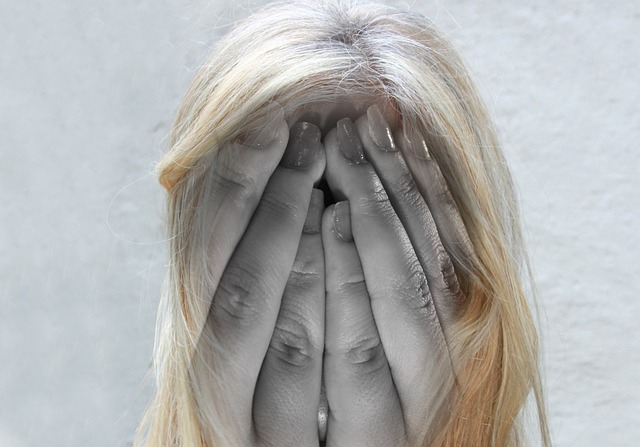
Contents
Understanding Obsessive-Compulsive Disorder (OCD): Symptoms & Health Tips
Living with Obsessive-Compulsive Disorder (OCD) can be difficult and overwhelming. It can affect an individual in many ways, from their personal relationships, to their professional life, to their physical health. Understanding the symptoms, causes, and treatments for OCD can provide insight to those struggling with this condition and help lead to a fuller, healthier life.
What is Obsessive-Compulsive Disorder (OCD)?
Obsessive-Compulsive Disorder is an anxiety disorder that is characterized by the presence of intrusive thoughts, worries, images and doubts. This type of disorder is often accompanied by behavior such as ritualized actions, compulsive behaviors, and repetitive thoughts. People with OCD often focus on topics such as contamination, cleanliness, orderliness, harm avoidance, and perfectionism.
What Are the Symptoms of OCD?
There is a wide range of symptoms associated with OCD. Some of the most common symptoms include:
- Uncontrollable, intrusive thoughts and worries
- Feelings of anxiety, distress or fear
- Repetitive or ritualistic behaviors, such as handwashing or repeatedly checking to see if the door is locked
- Difficulty in concentrating
- Difficulty controlling impulses
What are the Causes of OCD?
Although the exact cause of OCD is unknown, experts believe it is likely due to a combination of genetic, biological, and environmental factors. Genetics may play a role in OCD, as those with a family history of the disorder are more likely to develop the condition. There may also be an underlying biological factor such as an imbalance of neurotransmitters. Environmental factors such as stress, trauma, and early childhood experiences may also increase the risk of developing OCD.
How is OCD Treated?
The most effective treatment for OCD is cognitive behavioral therapy (CBT). During CBT, a therapist will help a person identify the thoughts and behaviors that are causing distress and then help them create strategies to reduce anxiety and harmful behaviors. Other treatments for OCD include medications, lifestyle changes, and other types of therapy.
What are the Health Effects of OCD?
OCD can have a significant impact on physical health. It can lead to problems with sleep, weight, digestion, fatigue, and physical pain. It can also cause social isolation and difficulties at work or school. It is important for individuals with OCD to take steps to manage their symptoms and seek psychological help in order to maintain physical and emotional health.
Living with Obsessive-Compulsive Disorder can be difficult and stressful, but understanding the symptoms, causes, and treatment options can help people create strategies to manage the disorder and lead a full, healthy life.
